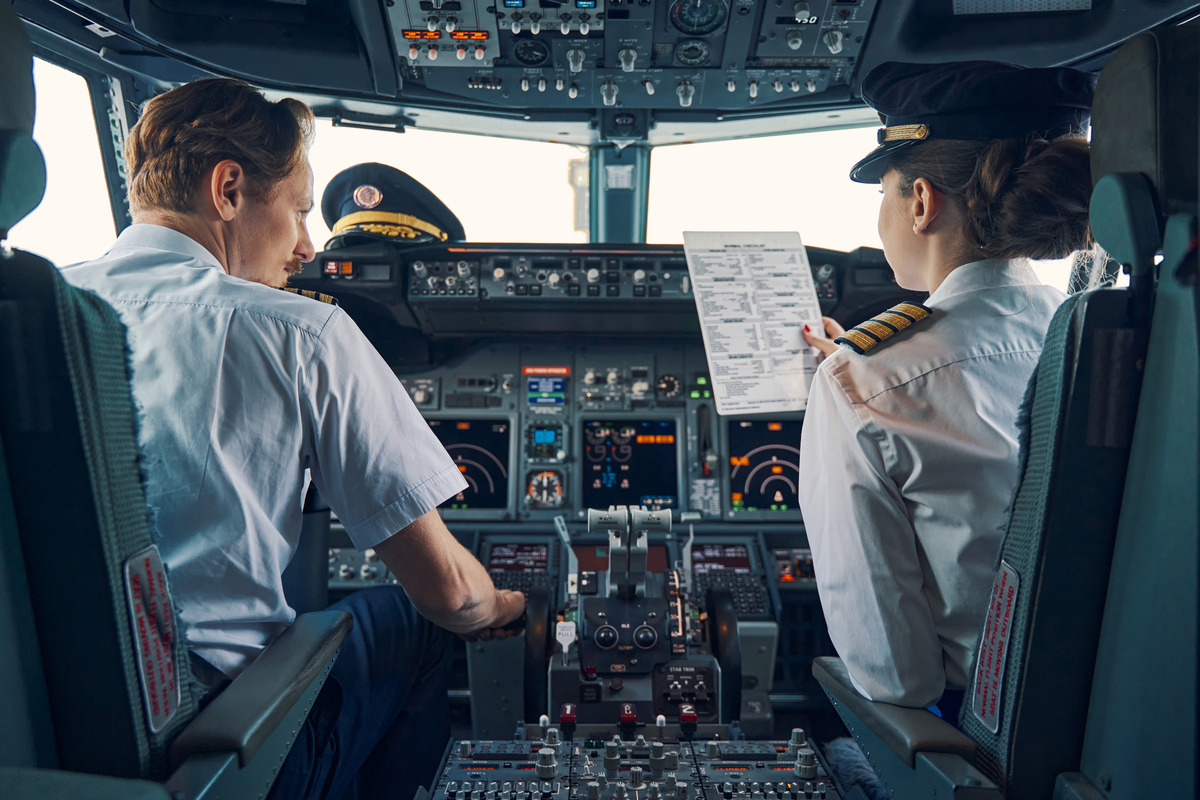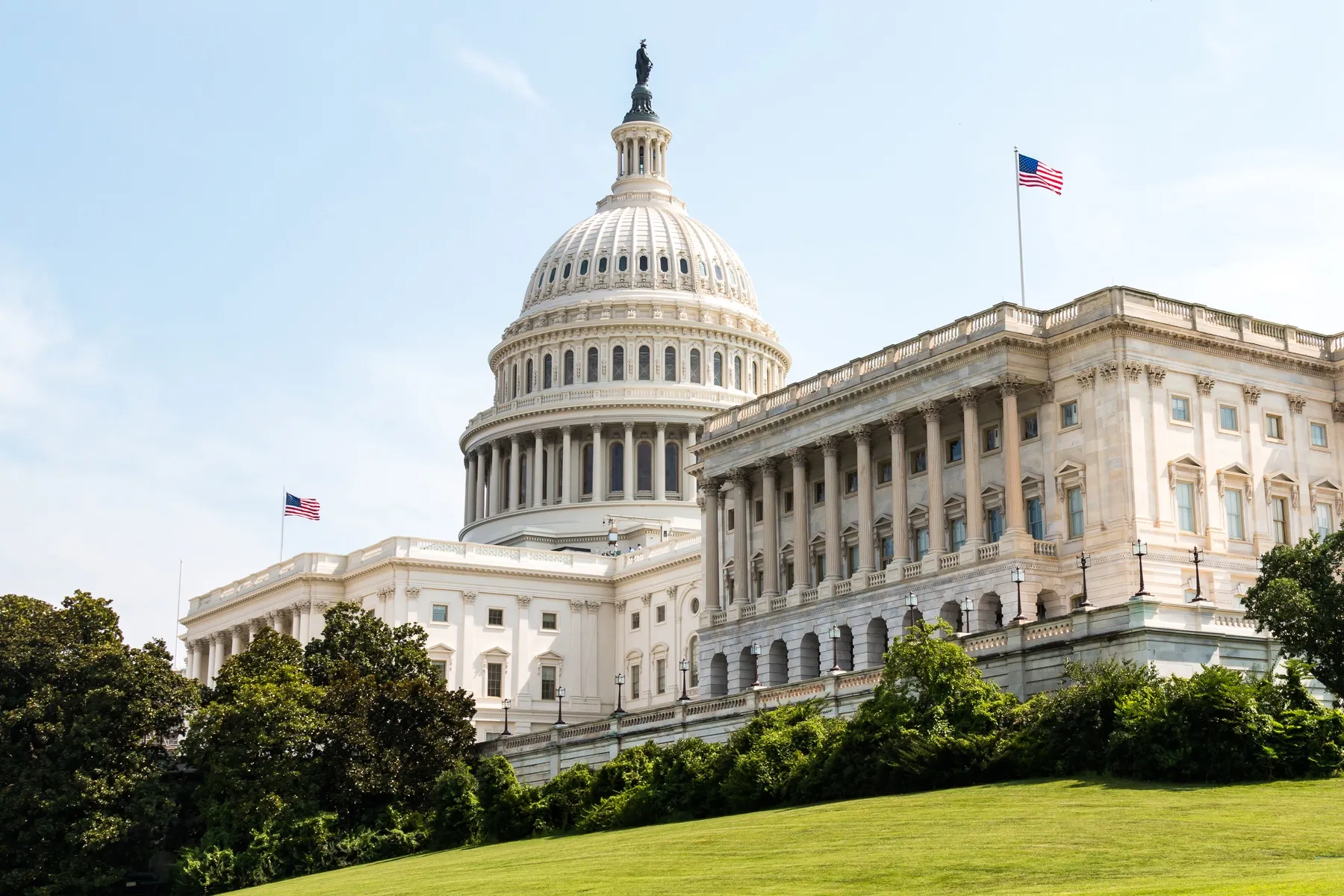Ask Skift: Why Is There a Pilot Shortage in the U.S.?

Skift Take
Although the U.S. airlines are continuing to make progress in their recovery from the pandemic, the industry is grappling with an ongoing pilot shortage. And it may only get worse in the next decade.
So why is the U.S. experiencing a pilot shortage? We put the question to Ask Skift, our artificial intelligence chatbot. It provided answers based on information from our past news coverage and research, and we also conducted further reporting.
Ask Skift said:
The pilot shortage in the U.S. is multifaceted. One of the key factors is the high demand for travel in the U.S., which has resulted in a higher need for pilots. This has been exacerbated by pilots from other countries, such as Canada, applying to fly in the U.S. due to the increase in wages. This demand has tripled the number of Canadian pilots applying for licenses to fly commercial jets in the United States in 2022, up from 39 in 2021, according to Federal Aviation Administration (FAA) data.
Additionally, regional airlines face challenges in sourcing enough captains to operate all of their small jets. This shortage has resulted in fewer flights to some of the smallest cities across the U.S. Major carriers like American Airlines, Delta Air Lines, and United Airlines have acknowledged this issue.
Moreover, the supply-demand gap is projected to last until 2027, with an estimated shortage of about 10,000 pilots. This shortfall is forcing airlines to increase their pay to attract and retain pilots.
In response to this shortage, airlines have implemented different strategies to increase the supply of new pilots. For instance, Alaska Airlines, Delta, and United have opened flight schools and offered scholarships, and American has raised pilot pay at its wholly-owned regionals.
What else you need to know:
Airlines have expressed concerns about pilot shortages for several years, with thousands of U.S. pilots nearing mandatory retirement age. But major carriers exacerbated the problem by encouraging staff to retire early or accept voluntary leave during the pandemic in the hopes of avoiding massive furloughs. At Delta Air Lines alone, roughly 17,000 employees, or 20% of its workforce, accepted buyout packages or early retirement, the company said in August 2020.
Helane Becker, a Cowen financial analyst who covers airlines, estimates that roughly 10,000 pilots have left the industry since the start of the pandemic. Moreover, officials at budget carrier Allegiant Air said in July that the U.S. aviation industry is short about 17,000 pilots this year, a number that could double by 2032.
Edward Russell, editor of Skift publication Airline Weekly, reported regional airlines are hardest hit by pilot shortages. Russell added that crews were leaving regional carriers for jobs at major airlines faster than the regionals could replace the departed staff. Jason Ambrosi, president of the Air Line Pilots Association, has cited inadequate pay as one factor for staffing shortages.
Filling labor shortages has been complicated by the certification process for pilots. Regulations mandate that pilots must satisfy at least 1,500 hours in the air prior to being certified.
One measure under consideration to reduce the pilot shortage is raising the mandatory retirement age. The U.S. House of Representatives voted for legislation in July that would raise it from 65 to 67.
However, the bill has attracted opposition from members of the ALPA and other pilot unions. The ALPA has warned that the move could create airline scheduling and pilot training issues. Raising the retirement age would also require reopening pilot contracts as current international rules still prevent pilots older than 65 from flying internationally.
In addition, United Airlines CEO Scott Kirby has said raising the retirement age would not be a panacea for the pilot shortage.





